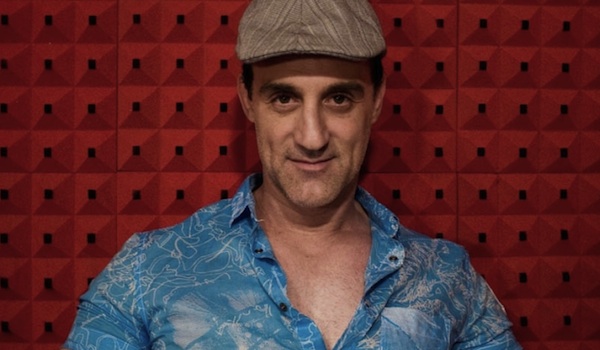Reality Review
Matteo Garrone made a name for himself internationally back in 2008 with the release of Gomorrah, an Italian crime epic with a lot to say about the sociopolitical state of his home country. Gomorrah won Garrone the Grand Prix at the 2008 Cannes Film Festival, and his latest, Reality, won the same award in 2012, though the two films couldn’t be any more different.
Reality is an ink-black comedy about a fishmonger with aspirations to appear on reality television. What begins as an affable portrait of a family turns into something damn near approaching tragedy—a psychological devolution brought on my delusions of bright-lights-big-city grandeur. It’s a tough film to watch in some respects because it doesn’t hide anything, it’s rarely subtle, and it doesn’t pull any punches. But not unlike the reality shows Garrone seems to be commenting on (if tangentially), it’s hard to look away from Reality.
Our “hero” is Luciano (Aniello Arena), a really charming guy who owns a fish stand in Naples and has three kids with his wife, Maria (Loredana Simioli). They live in a ruinous (but beautiful) complex with their entire extended family—aunts, uncles, parents, brothers, sisters, nieces, nephews. And the family is a hoot. You won’t mistake them for Italy’s upper crust, but they have good hearts and are mostly happy.
Things take a turn for Luciano after he auditions for the reality show Big Brother. He impresses the casting crew enough to earn a callback in Rome, but he’s one of seemingly thousands to do so, and for some reason, he’s utterly convinced that he’ll be asked to enter the house. Upon returning home, he thinks every stranger is a spy sent by the show to observe him in his natural habitat. He talks of selling his business because he’ll be set for life after winning the show’s top prize. He begins stalking a former contestant who he met once at a wedding. His whole world is going to hell, and he doesn’t have a clue.
The film works primarily because Aniello Arena gives such a dedicated performance. His Luciano has a big personality, and you can definitely see him on a show like Big Brother. But there’s no super compelling reason why he’d be a casting shoo-in. And when he gets on this kick, waiting for the show to give him the go-ahead, Arena goes for it with a gusto. He becomes truly scary without sacrificing any of the qualities we’ve come to know him for—charmer, loving father, etc. By the film’s haunting final shot, he is a man absolutely consumed by an obsession, but the transformation was fluid and, ultimately, quite an astounding achievement.
Reality also looks great. The film is bright, but Garrone employs a yellow-green tint to the surroundings, which visually remind us something in this world is amiss. He’s also quite fond of overhead shots, but some, including the film’s opening and closing shots, are bursting with subtext and meaning.
While it might seem like Garrone is commenting on the unfortunate side effects of the reality TV revolution, the film’s themes feel more universal than that. Shots of Luciano almost lusting after Enzo, the star of the most recent Big Brother season, speak more toward the nature of celebrity—how fickle it is, how close it is to us now. Because we can speed up the process nowadays, it gives people like Luciano unreasonable expectations, feeding the sometimes deluded notion that they deserve the adoration of the masses. Reality filters all these ideas into one sad individual. It’s a character study of the highest order.
















